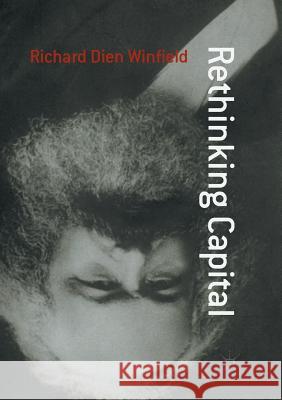Rethinking Capital » książka
topmenu
Rethinking Capital
ISBN-13: 9783319819778 / Angielski / Miękka / 2018 / 461 str.
Kategorie BISAC:
Wydawca:
Palgrave MacMillan
Język:
Angielski
ISBN-13:
9783319819778
Rok wydania:
2018
Wydanie:
Softcover Repri
Ilość stron:
461
Waga:
0.56 kg
Wymiary:
21.01 x 14.81 x 2.44
Oprawa:
Miękka
Wolumenów:
01
Dodatkowe informacje:
Wydanie ilustrowane











